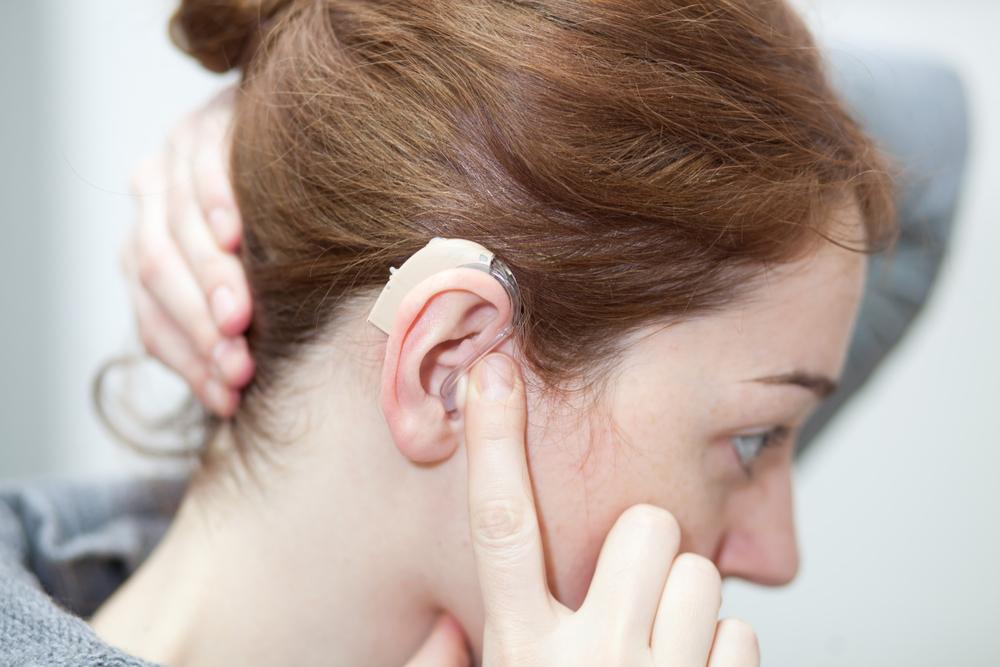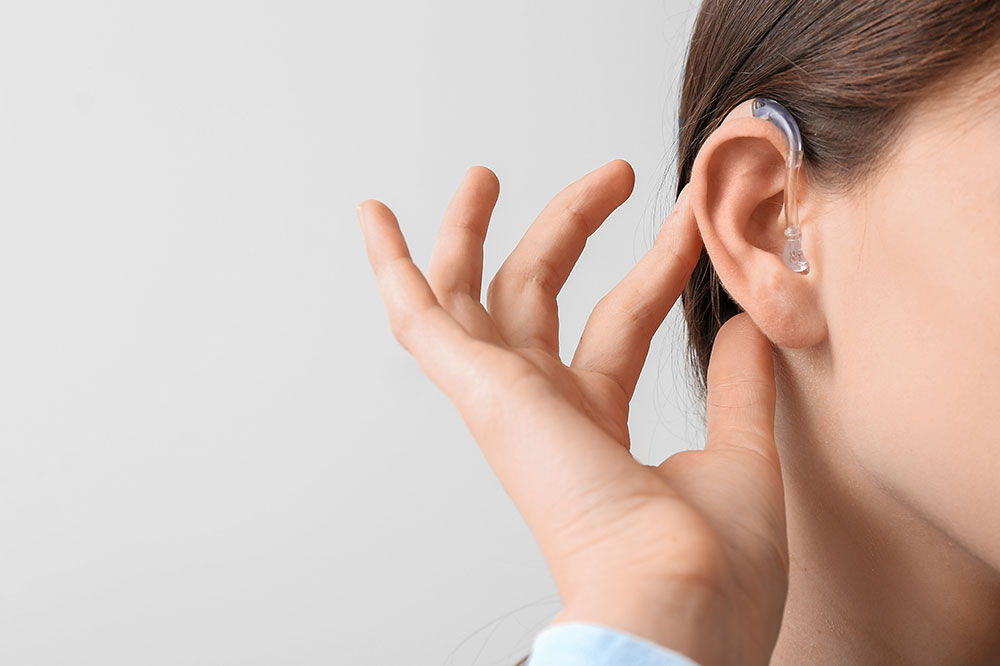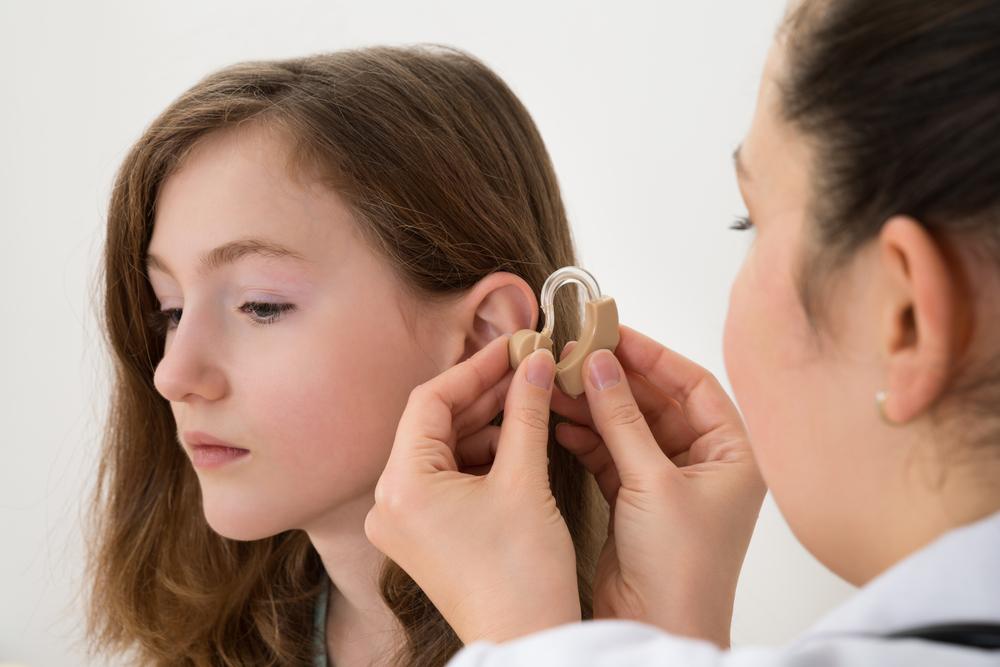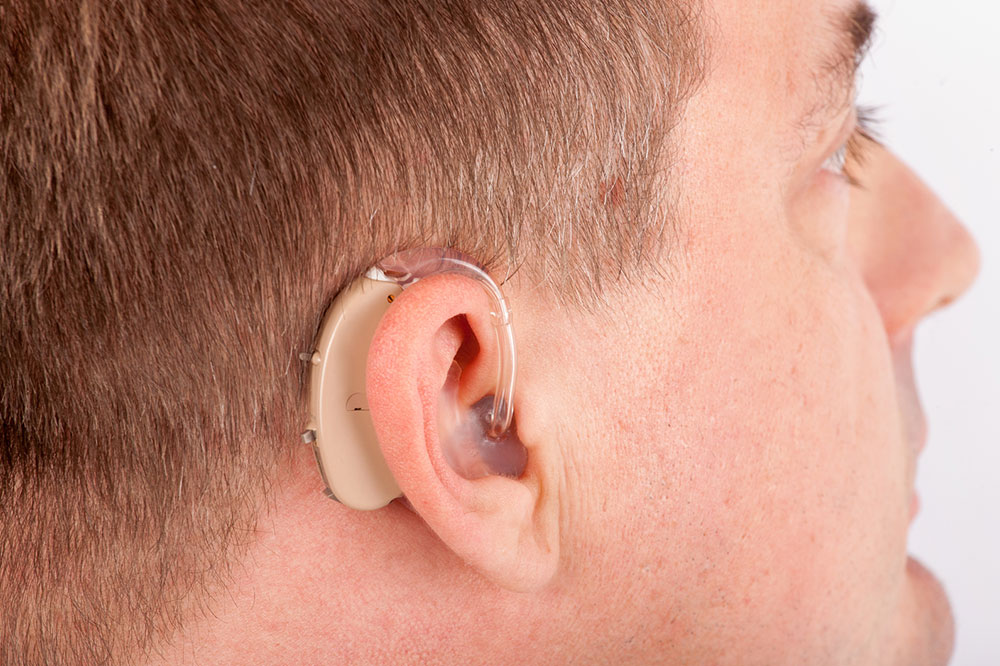Essential Guide to Choosing the Perfect Hearing Devices for Your Needs
This comprehensive guide covers essential factors to consider when choosing hearing devices. It highlights the importance of correct diagnosis, device types, technological features, and budget considerations to help individuals find the best hearing aid for their lifestyle and needs, ultimately improving hearing and quality of life.

The Ultimate Guide to Selecting the Ideal Hearing Devices
Finding the most suitable hearing aid is a vital step for individuals experiencing varying degrees of hearing impairment, ranging from mild to profound loss. Proper selection can dramatically improve speech clarity, enhance communication, and prevent social isolation caused by hearing difficulties. With a vast array of options available today, understanding key factors can help you make an informed decision and choose a device that fits seamlessly into your lifestyle. Whether you prefer discreet in-the-ear models, behind-the-ear designs, or customized solutions, there are diverse choices from trusted brands such as Oticon, Miracle, and others that cater to different needs and preferences.
When selecting a hearing aid, it’s essential to evaluate features carefully and purchase from reputable suppliers like Costco, along with authorized audiologists or certified providers. Consider the following comprehensive factors to ensure the device aligns with your personal needs, lifestyle, and budget:**
Type of Hearing Loss: Identifying the specific type of hearing impairment is fundamental. Sensorineural losses, which involve damage to the inner ear or auditory nerve, usually require amplification devices like hearing aids. Conductive losses, caused by obstructions, infections, or malformations, may be surgically correctable. An audiologist conducts hearing tests to determine your best options and recommend suitable aids based on your diagnosis.
Ear Anatomy and Fit: The anatomy of your ears significantly influences the choice of hearing devices. The size and shape of the ear canal determine whether an in-the-ear (ITE), behind-the-ear (BTE), or custom-molded device is appropriate. Smaller or irregular ears may benefit from BTE or fully custom options that invisibly fit your ear. Additionally, many people prefer nearly invisible models or those with skin-colored housings for aesthetic reasons, especially in social or professional settings.
Advanced Technological Features: Modern hearing aids come equipped with numerous features that enhance user experience. Waterproofing and dust resistance are crucial for active lifestyles. Noise reduction algorithms help minimize background sounds, making conversations clearer in noisy environments. Tinnitus therapy functions can soothe ringing sounds in the ears. Directional microphones improve speech understanding in front of you, while connectivity options like WiFi enable seamless pairing with smartphones, remote controls, or other devices. Select features aligned with your daily environments—whether outdoors, in crowded places, or quiet rooms.
Budget and Cost Considerations: Hearing aids can vary remarkably in price, typically ranging from $800 to $7,000 per ear. The price depends on technological sophistication, features, and customization level. While insurance coverage varies, many providers offer financing or discounts. It’s important to balance the desired features with affordability, ensuring that you get effective amplification without overspending. Consider long-term costs as well, such as maintenance, batteries, and possible upgrades.
User-Friendliness and Handling: The ease of use is crucial, especially for seniors or individuals with dexterity challenges. Smaller devices, while discreet, can be difficult to handle and manage. Models with automatic features, such as auto volume adjustment, and remote controls can make daily usage simpler and more comfortable. Consulting with your audiologist about handling and maintenance is essential to ensure you select a device that fits your comfort and capability.
In conclusion, selecting the right hearing device involves a detailed assessment of your hearing loss type, ear anatomy, lifestyle needs, budget, and ease of use. Consulting with qualified audiologists and purchasing from reputable providers guarantees quality and support. Investing in a suitable hearing aid not only enhances your hearing experience but also significantly improves your overall quality of life, social interactions, and emotional well-being.





